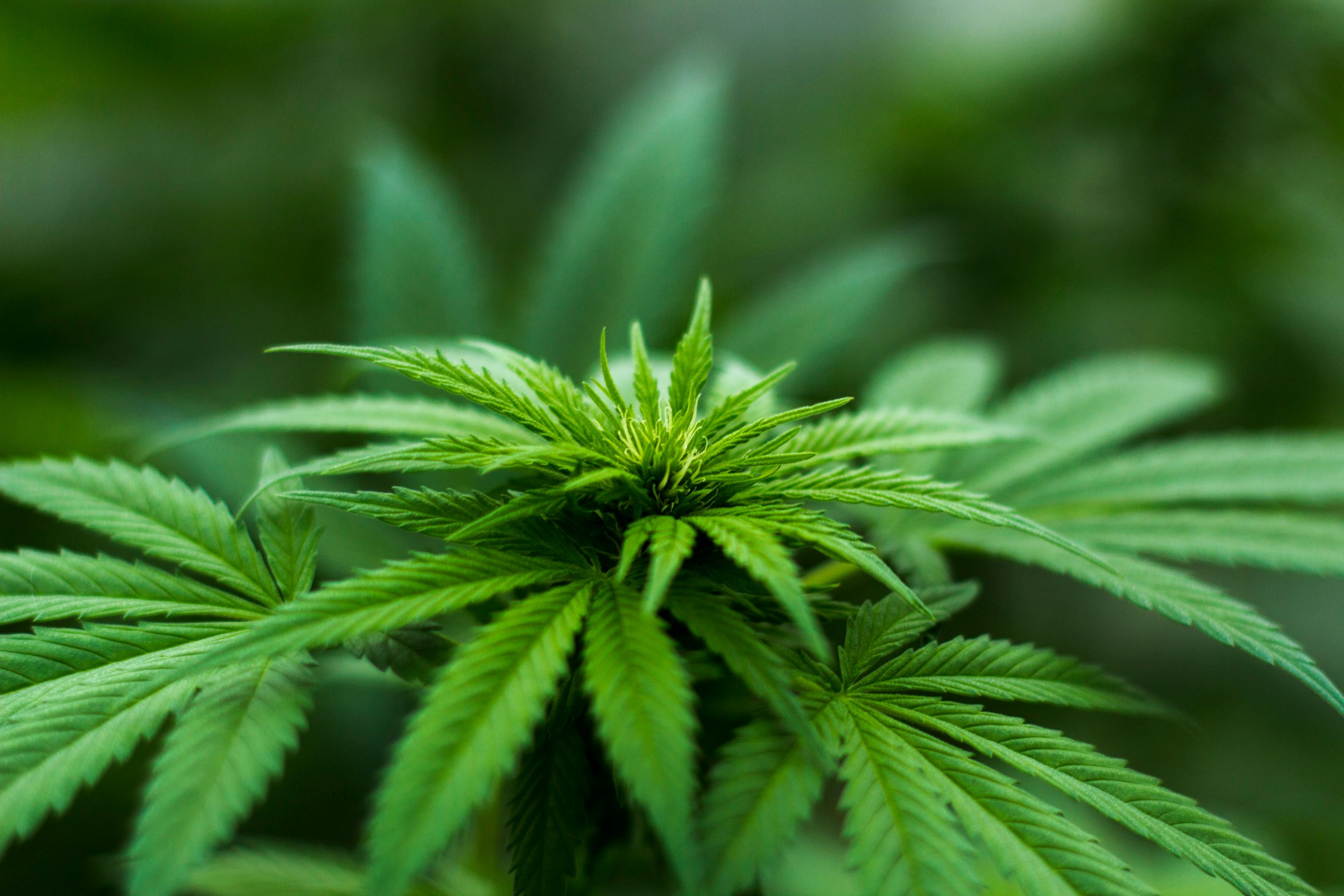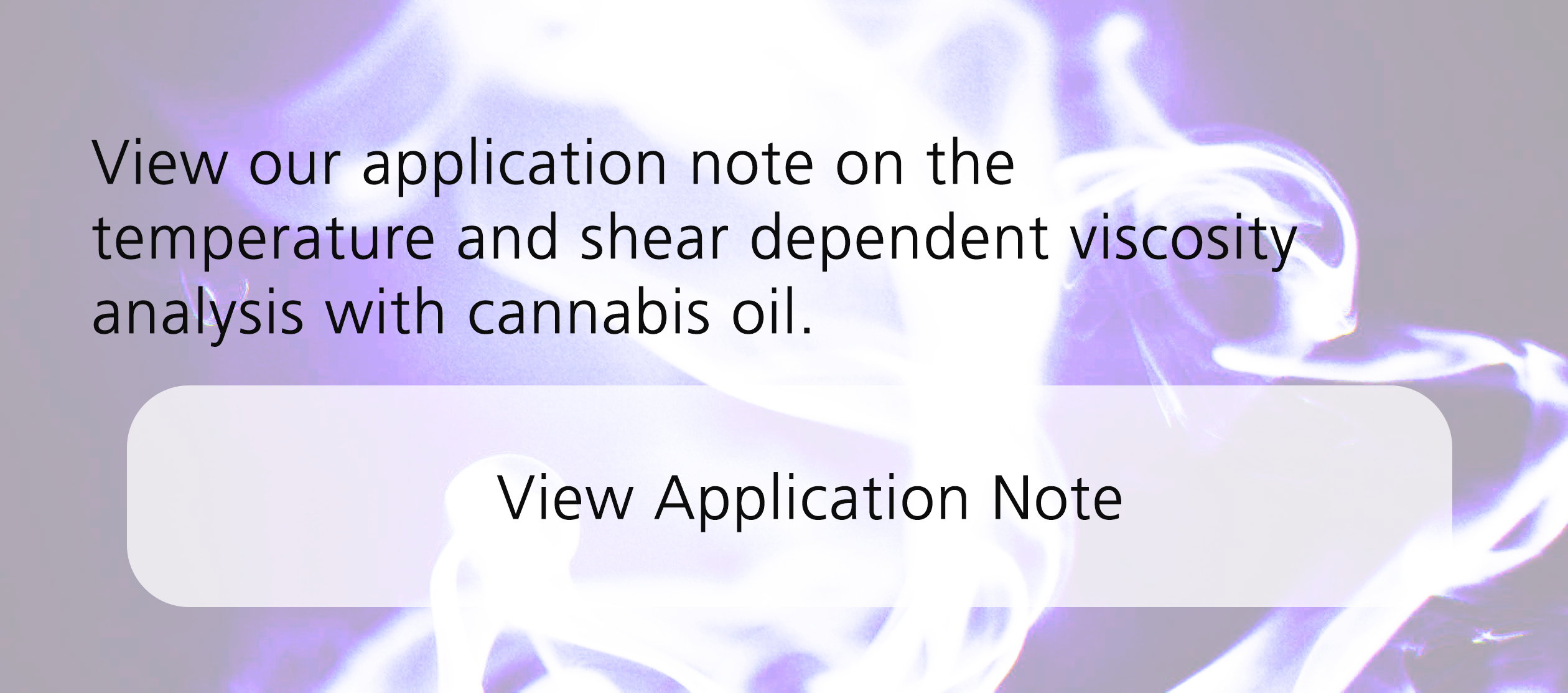Why Should You Measure Viscosity?
Regulation and Compliance: Cannabis
The continued increase in medicinal and recreational use of cannabis products have led to increased regulations and standards when it comes to manufacturing and using cannabis products. Depending on the regulations of each state in the US and overall standardization with the FDA, it is imperative to understand your cannabis product before it reaches the market and continuously even after it has been released in the market.
Would you like more information or would like to talk to a specialist? Get connected to a specialist by entering your information on the form.
Frequently Asked Questions:
It depends on what you want to know. In an ideal world, you should be able to test your sample in all types of conditions so you can be prepared for what the end user will experience. Sometimes, this is not possible. However, we encourage you to analyze temperature dependent viscosity to mimic storage of the product in various environments.
Environments can have different temperatures such as the inside of a car on a hot summer day or a colder climate on top of a hill. Your product should be able to withstand to a certain degree of various environments and developing your product or improving through temperature dependent viscosity studies can help.
This question needs to be redirected to a bit more of a "what would happen if my cannabis oil isn't formulated properly?" Well, many different possibilities can happen in this case but here are two possibilities we find major:
- cannabis oil with a viscosity too low or too high will result in improper transport when it comes to vape pens. The flow through the vape pen and contact with the heating element is extremely dependent on the viscosity of your cannabis oil
- If you do not formulate properly, the effectiveness whether it is for medicinal or recreational purposes can be affected and hence the experience you wish to create for the end user will not be there
.png?width=3672&height=1059&name=RheoSense%20Logo%20(White%20Border).png)




